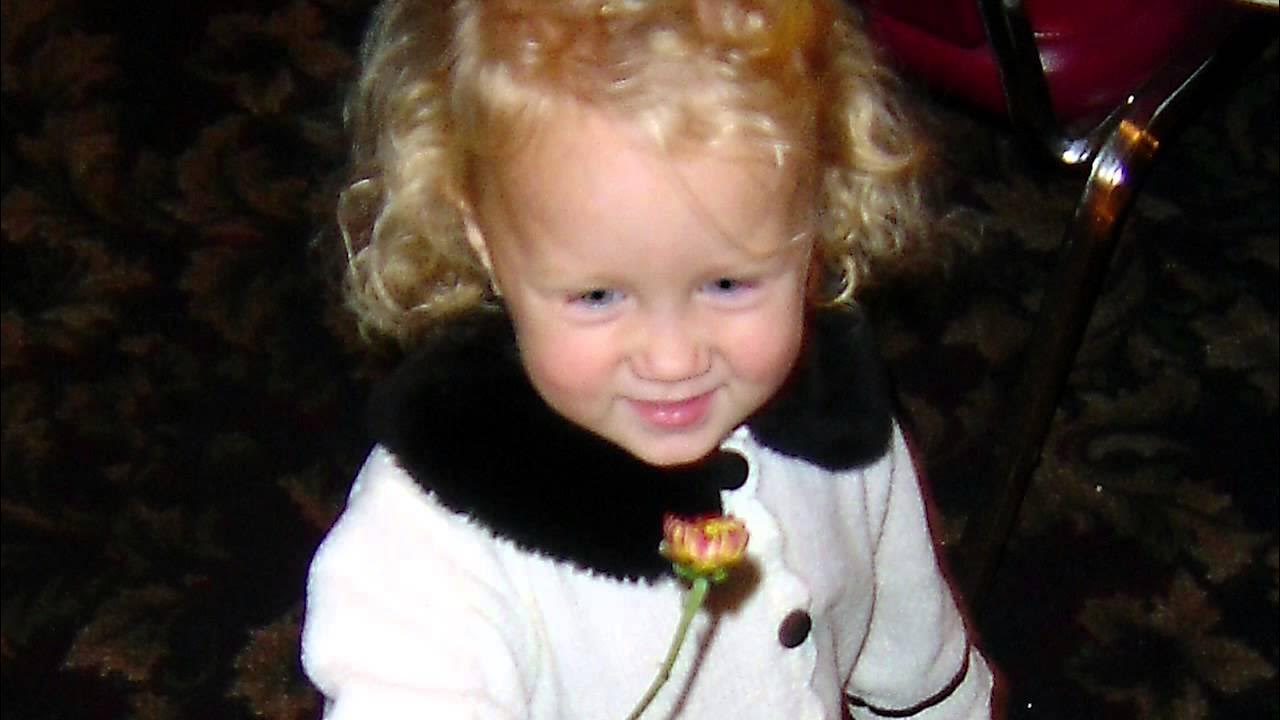Victoria Montenegro: “lo que pensaba que era bueno, de verdad no lo era”
Summary
TLDRIn this poignant interview, Victoria Montenegro, the daughter of disappeared political activists during Argentina's military dictatorship, recounts her harrowing journey of identity recovery. Abducted as a baby, she was raised by a military family and taught to hate those she would later discover were her biological parents. Montenegro highlights the ongoing struggle for human rights in Argentina, the importance of remembering the past, and urges those questioning their identities to seek the truth through organizations like the Abuelas de Plaza de Mayo. Her story underscores the deep personal and societal impacts of state violence and the resilience of survivors.
Takeaways
- 😀 The interview discusses Argentina's dark history during the last military dictatorship from 1976 to 1983, marked by kidnappings and the disappearance of approximately 30,000 people.
- 😀 Victoria Montenegro, the guest, is a daughter of desaparecidos and a recovered grandchild, highlighting the impact of the dictatorship on her family.
- 😀 Montenegro was born just 13 days before her parents were disappeared and was later raised under a false identity by a military officer.
- 😀 Her upbringing involved a heavy indoctrination that portrayed her biological parents as enemies of the state, instilling deep-seated hatred towards those who sought justice.
- 😀 The process of discovering her true identity at 25 was traumatic, forcing her to reconcile her past and her relationship with her appropriator, who was a military officer.
- 😀 Montenegro emphasizes the critical role played by the Abuelas de Plaza de Mayo in the fight for truth and justice for the children of the disappeared.
- 😀 She discusses the emotional turmoil of realizing her true heritage and how it forced her to confront a deeply ingrained ideology of hate.
- 😀 Currently, she critiques the government of Mauricio Macri for neglecting human rights and failing to prioritize the issues faced by political prisoners and the memory of the dictatorship.
- 😀 Montenegro highlights the ongoing struggles for justice and memory in Argentina, stressing the importance of historical remembrance to prevent future atrocities.
- 😀 She urges those with doubts about their identity to seek help from organizations like the Abuelas, emphasizing the importance of reconnecting with one's roots.
Q & A
What historical event is being discussed in the interview?
-The interview addresses the last military dictatorship in Argentina, which began on March 24, 1976, and lasted until 1983.
Who is Victoria Montenegro and what is her background?
-Victoria Montenegro is the daughter of political activists who were disappeared during the dictatorship. She is a recovered granddaughter, currently serving as a deputy in Buenos Aires and the president of the Human Rights Commission in the city.
What happened to Victoria's parents during the dictatorship?
-Victoria's parents, Roque Orlando Montenegro and Inda Torres, were taken as desaparecidos just days after her birth, during a police and military operation.
How did Victoria discover her true identity?
-Victoria discovered her true identity at the age of 25 when she was notified by a court that she was not the biological daughter of her appropriators, but rather the child of disappeared parents.
What was the role of her appropriator in the dictatorship?
-Her appropriator was a colonel in the army and the head of intelligence at a clandestine center, who had a significant role in the operations against political dissidents.
How did the state propaganda affect Victoria's upbringing?
-Victoria was raised to believe that there was a war in Argentina against subversion and was taught to hate the mothers and grandmothers of Plaza de Mayo, who were searching for the disappeared.
What emotions did Victoria experience upon learning her true heritage?
-Victoria experienced intense feelings of shame and anger, particularly because she had been taught to despise the very people she was related to.
How does Victoria view the current political climate in Argentina regarding human rights?
-Victoria sees a regression in human rights under the current administration, highlighting issues such as political persecution, economic crisis, and insufficient resources for justice.
What message does Victoria convey to those with doubts about their identity?
-Victoria encourages individuals with doubts about their identity to seek out the Abuelas de Plaza de Mayo, emphasizing the importance of connection and understanding their past.
What impact have the Abuelas de Plaza de Mayo had on cases like Victoria's?
-The Abuelas have played a crucial role in advocating for the rights of children of the disappeared, tirelessly searching for the truth and helping many recover their identities.
Outlines

このセクションは有料ユーザー限定です。 アクセスするには、アップグレードをお願いします。
今すぐアップグレードMindmap

このセクションは有料ユーザー限定です。 アクセスするには、アップグレードをお願いします。
今すぐアップグレードKeywords

このセクションは有料ユーザー限定です。 アクセスするには、アップグレードをお願いします。
今すぐアップグレードHighlights

このセクションは有料ユーザー限定です。 アクセスするには、アップグレードをお願いします。
今すぐアップグレードTranscripts

このセクションは有料ユーザー限定です。 アクセスするには、アップグレードをお願いします。
今すぐアップグレード関連動画をさらに表示

🇦🇷 Dictadura Argentina I Los brutales VUELOS para EXTERMINAR y desaparecer personas

1964: Memórias que resistem | Caminhos da Reportagem

Medication Error in the Hospital Kills Two-Year Old Emily Jerry

Argentina, Madri Coraggio 40 anni dopo e quei bambini sottratti ai desaparecidos dal regime

La Noche de los Bastones Largos. Memorias de Exactas

23 aprile 1985 | IL PROCESSO DESAPARECIDOS
5.0 / 5 (0 votes)
